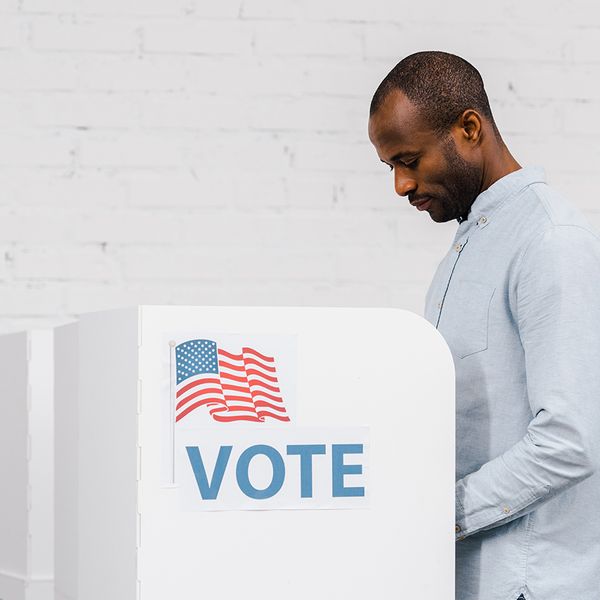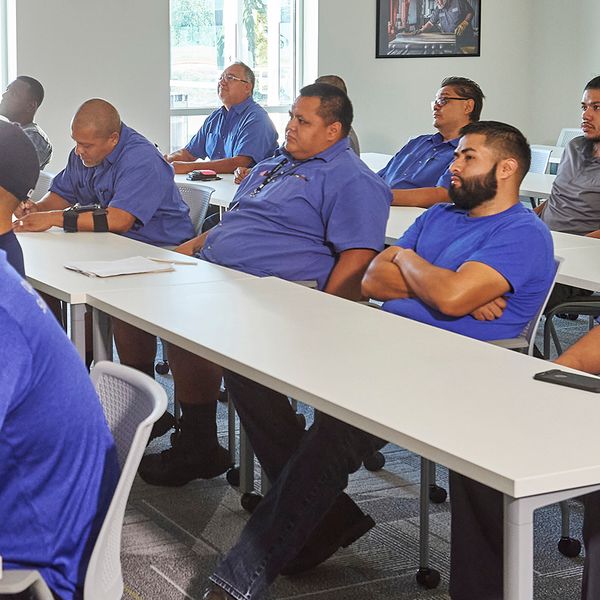Should your company host a political campaign event?
While most employers prefer to keep politics out of the workplace, some throw open the doors to host campaign events.
During election season, video of a candidate speaking to a crowd of workers on a factory floor is standard TV news fare. Whether you want it to be your factory floor and workers is a decision that should not be made lightly, however.
Don’t make attendance mandatory
In the past, private sector employers could generally require employees to attend workplace events during regular work hours, even if the events were political in nature. Management could even prohibit employees from voicing political opposition at the event.
A growing number of states and cities, however, have passed what are known as “captive audience meeting” laws that prohibit such requirements.
New York, Minnesota, Connecticut, Maine, Oregon, and Washington have banned captive audience meetings. These states prohibit employers from requiring employee attendance or participation in employer-sponsored meetings or otherwise requiring them to listen to or receive communications regarding employer opinions on “religious” or “political” matters under threat of discharge, discipline, or other penalty.
Maine’s legislation, for example, defines “political matters” to include “matters relating to elections for political office, political parties, proposals to change legislation, proposals to change rules or regulations, proposals to change public policy, and the decision to join or support any political party or political, civic, community, fraternal, or labor organization.”
Some rights relating to mandatory meetings with political overtones extend to employees in every state, even those without captive audience laws on their books. Employees who voice their opinion about such meetings may have protections under the National Labor Relations Act (NLRA). If they engage in a conversation about how mandatory attendance at political events relates to their working conditions, that is considered protected activity under the act.
Consider the impact
In addition to legal considerations, there are workplace culture and public relations considerations. Before agreeing to host a candidate, company leaders should think about the message this type of event will send to employees, customers, and the public.
While it might be an opportunity to highlight the company, it also might drag the business into an ugly political argument.
In addition, requiring attendance might alienate employees who don’t share the candidate’s political views, which could have an impact on company morale. If a company’s leadership does decide to host a political candidate, employees should be given the chance to opt out without consequence.
Key to remember: As election day draws near and campaigns heat up, candidates look for companies to host political events. There are many factors to consider before welcoming a candidate into a workplace.





















































